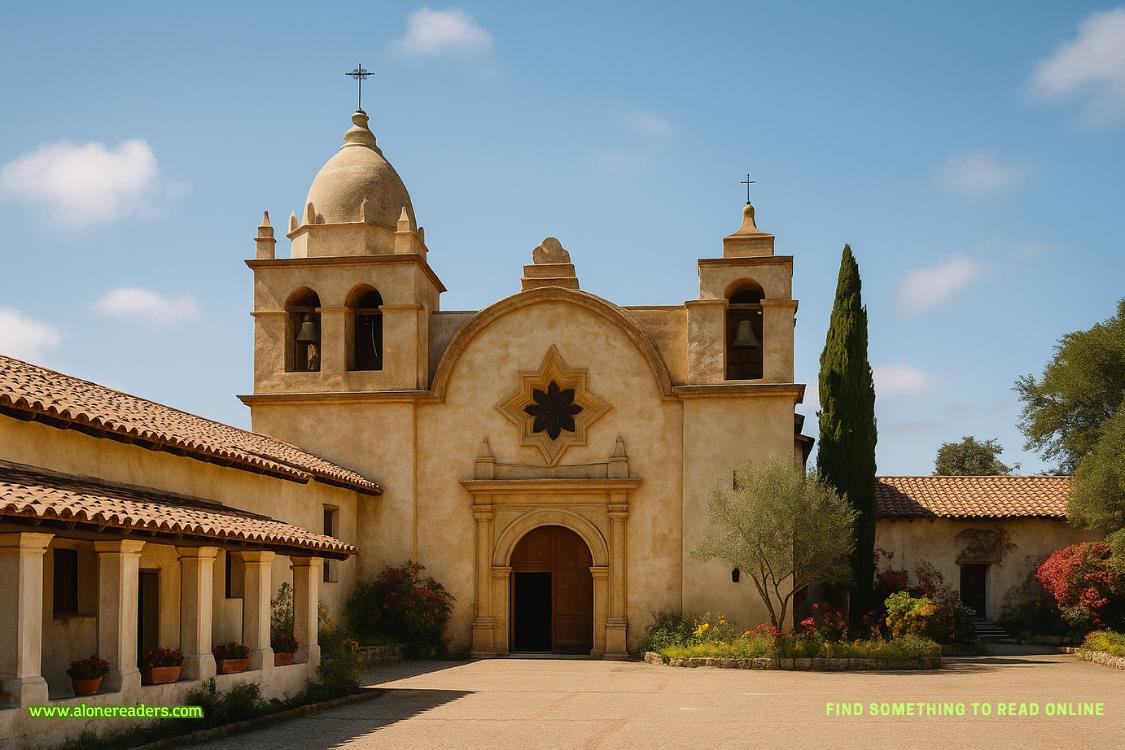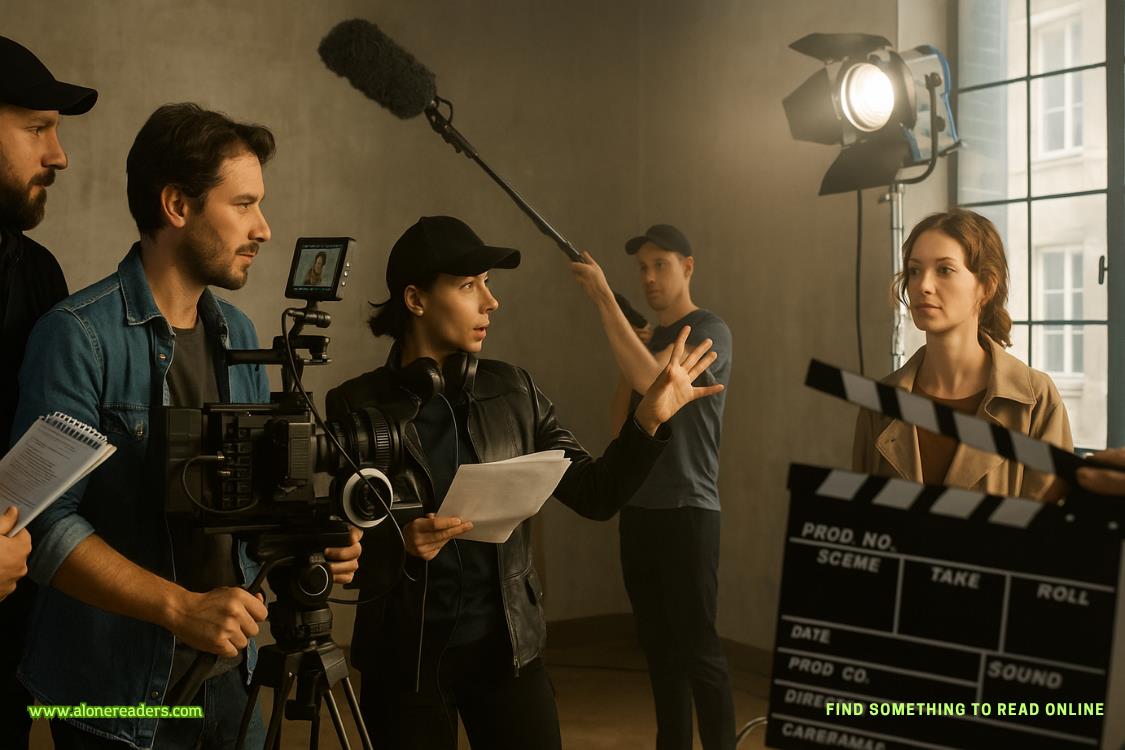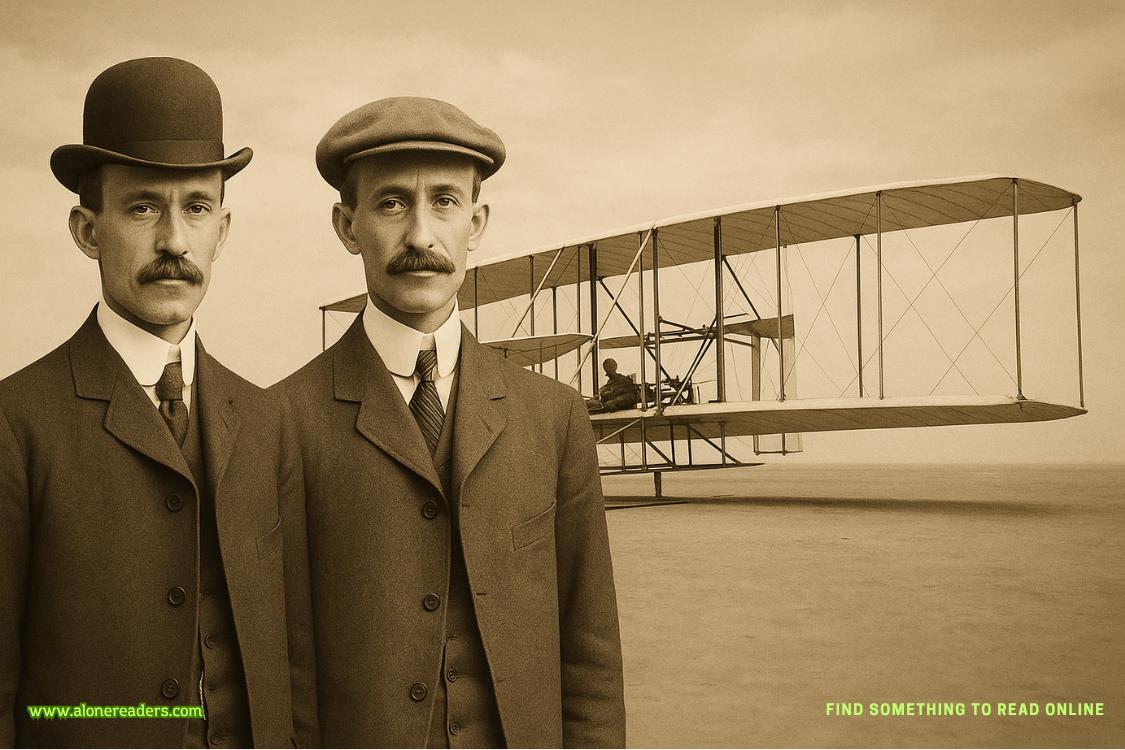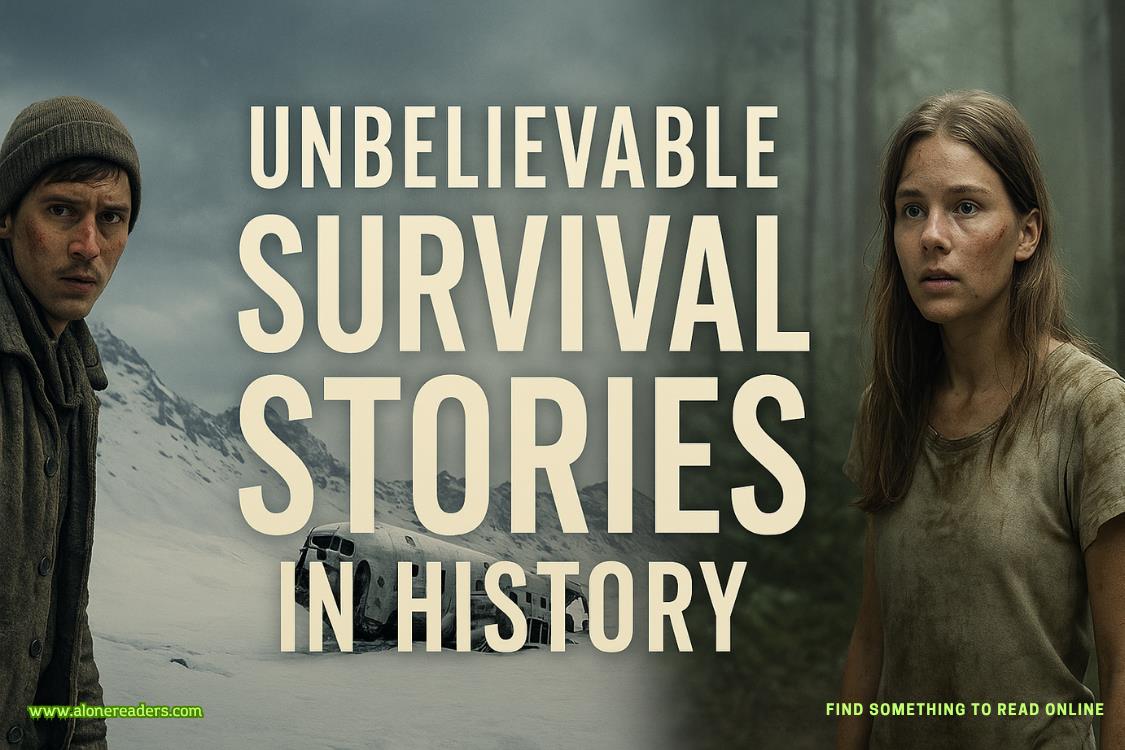Page 47 of Wisteria and Cloves
I looked down at my coffee, embarrassed at being so transparent. "It's hard not to. You've all done so much, and I've... well, I've been very good at sitting around and doing social events.”
“I have had ten more years to live life.” Nicolaus told me. The simple statement hit me with unexpected force. Of course—he was older, had more time to develop his skills and achievements. I'd been so focused on cataloging my inadequacies that I'd forgotten the fundamental difference in our experiences.
"You're twenty-three," Nicolaus continued, refilling his coffee mug with practiced efficiency. "I didn't even know what I wanted to do with my life at that age, much less have the freedom to pursue it." He leaned back against the counter, his blue eyes thoughtful. "The question isn't what you've accomplished under restriction—it's what you might accomplish with freedom."
I took another sip of coffee, the bitter warmth grounding me as I considered his words. "I don't even know what I want to pursue. Beyond the violin, and maybe dance... I feel like I'm starting from nothing."
"Not nothing," Nicolaus corrected gently. "You have curiosity, intelligence, and the courage to question everything you've been taught. Those are the foundations of any meaningful pursuit." He gestured toward the window where dawn was beginning to paint the sky in soft pastels. "Most people your age are still following paths others chose for them. You're just starting to choose your own."
The idea that my late start might actually be an advantage rather than a deficit was revolutionary. "But what if I choose wrong? What if I waste time on things I'm not good at?"
"Then you'll learn something about yourself and try something else," Nicolaus replied with a slight shrug. "Failure is information, not judgment. The only real waste would be not choosing at all."
I found myself nodding, his logical approach to uncertainty oddly comforting. "Is that how you approached swimming? Just... tried it and kept going?"
"Actually, no." A rare smile crossed his face, softening his usual analytical expression. "I was terrified of water as a child. My parents had to drag me screaming to my first swimming lesson."
"Really?" I couldn't hide my surprise. The image of composed, controlled Nicolaus being afraid of anything seemed impossible.
"Really. I clung to the edge of the pool for weeks, convinced I would drown if I let go." He took a sip of his coffee, his eyes distant with memory. "Then one day, my instructor—this gruff old man with hands like sandpaper—told me something I never forgot."
"What was that?" I asked, genuinely curious.
"He said, 'Fear isn't the problem. Everyone's afraid of something. The question is whether you let fear make your decisions for you.'" Nicolaus set his mug down, his expression thoughtful. "The next day, I let go of the wall for the first time. I didn't suddenly become fearless—I was still terrified—but I made the decision, instead of letting the fear make it for me."
I considered his words, finding unexpected wisdom in them. "And now you're trying for the Olympics."
"And now I'm trying for the Olympics," he agreed with that small smile again. "Though I still have moments of irrationalfear sometimes. The difference is, I recognize it for what it is—just fear, not reality."
The quiet confession touched something deep inside me. Somehow, knowing that this self-assured man had once struggled with fear made my own uncertainties feel less shameful.
"I'm afraid all the time," I admitted softly. "Of making mistakes. Of disappointing people. Of not being enough."
"That's understandable," Nicolaus said, his voice gentle despite its precision. "You were raised in an environment where mistakes were punished rather than treated as learning opportunities. But fear can be a compass too—pointing toward the things that matter most to you."
I considered this as I finished my coffee, the bitter-sweet taste no longer quite so strange on my tongue. "I was afraid to come downstairs in these," I gestured to my star-patterned pajamas.
"But you did it anyway," Nicolaus observed, his blue eyes warm with approval. "That's courage, Lilianna. Acting despite the fear, not in the absence of it."
I glanced down at my pajamas, feeling a small surge of pride at his words. Such a tiny rebellion, yet it had felt monumental to me. "They're the first piece of clothing I ever chose entirely for myself," I admitted. "I bought them online and hid them from my mother."
"What drew you to them?" Nicolaus asked, genuine curiosity in his voice.
I traced the pattern of silver moons with my finger, remembering the moment I'd first seen them on the website. "The stars, I suppose. They reminded me of wanting to see the real sky, not just the sanitized version from my parents' estate." I paused, feeling vulnerable but oddly compelled to continue. "They represented something I couldn't have—freedom to be childish, to find wonder in simple things."
Nicolaus nodded slowly, his analytical gaze softening. "And now you're wearing them in a kitchen at dawn, drinking coffee with someone who understands the value of small rebellions." He glanced at his watch, a sleek device that probably tracked more metrics than I could imagine. "I should head to the pool soon, but I'm glad you came down. These quiet moments... they're often when we discover the most about ourselves."
I felt a flutter of disappointment at the thought of him leaving, surprised by how much I'd enjoyed this unexpected conversation. "Will you be back before Christopher starts the baking lesson?"
"Definitely. I wouldn't miss witnessing your first encounter with his teaching methods." His expression held a hint of mischief. "Besides, someone needs to document the flour explosion for posterity.”
I laughed, the sound still surprising me with its naturalness. "You make it sound like a scientific experiment."
"With Christopher, baking often is," Nicolaus replied, rinsing his mug in the sink with methodical precision. "He approaches recipes like equations that must be perfectly balanced. Very different from Miles, who gardens by intuition and luck."
"What about Julian?" I asked, curious about the pack dynamics I was slowly beginning to understand.
"Julian plans everything three moves ahead, like chess. He'll have contingency plans for your baking lesson that Christopher hasn't even considered." Nicolaus dried his hands on a kitchen towel, his movements economical and purposeful. "It's actually fascinating to watch how differently we all approach problem-solving."















